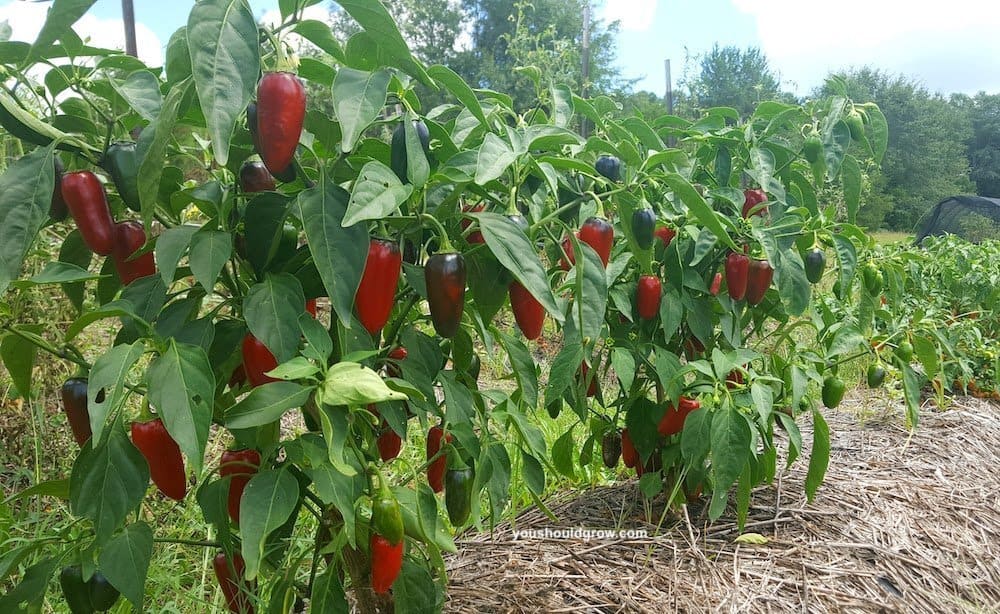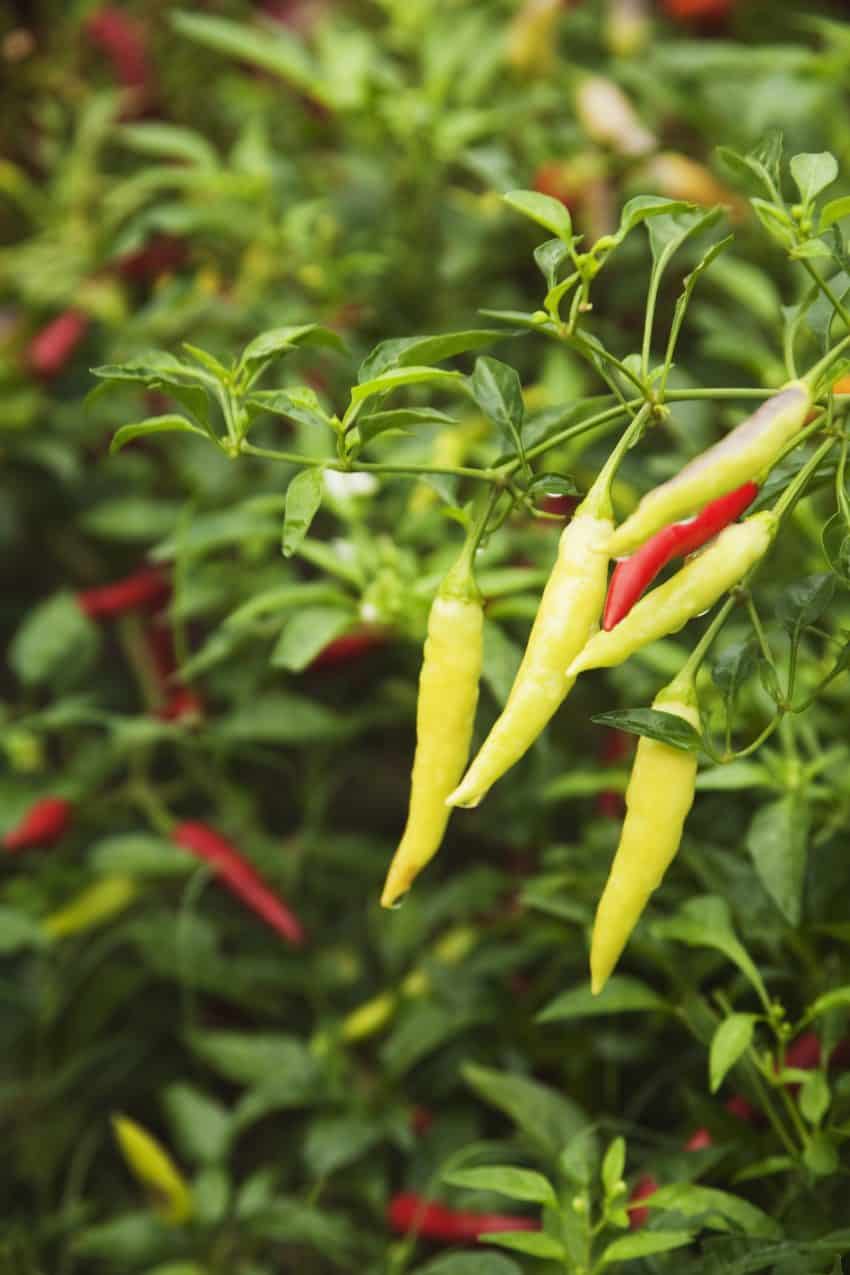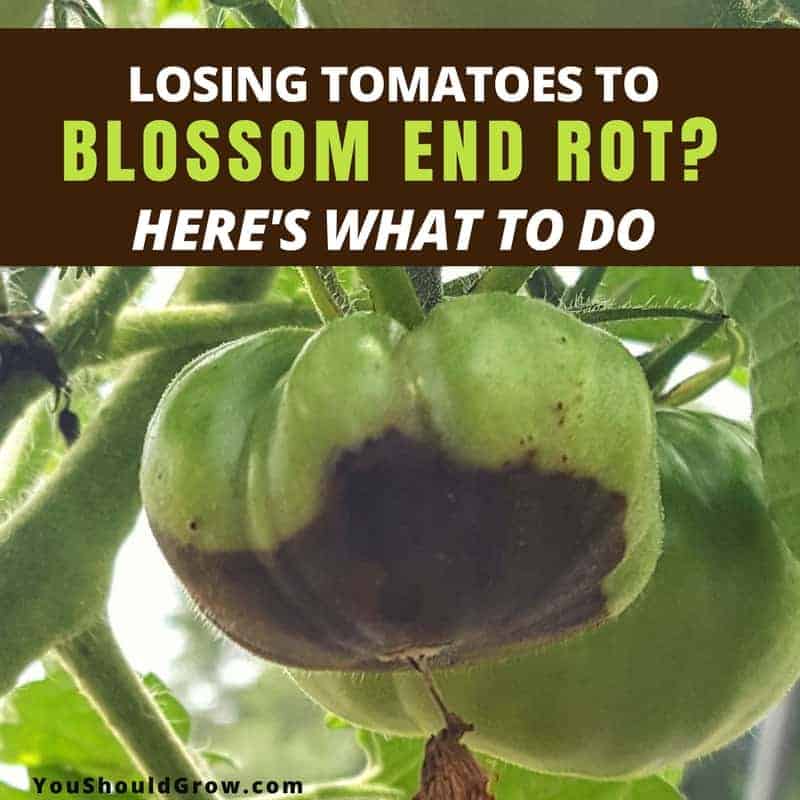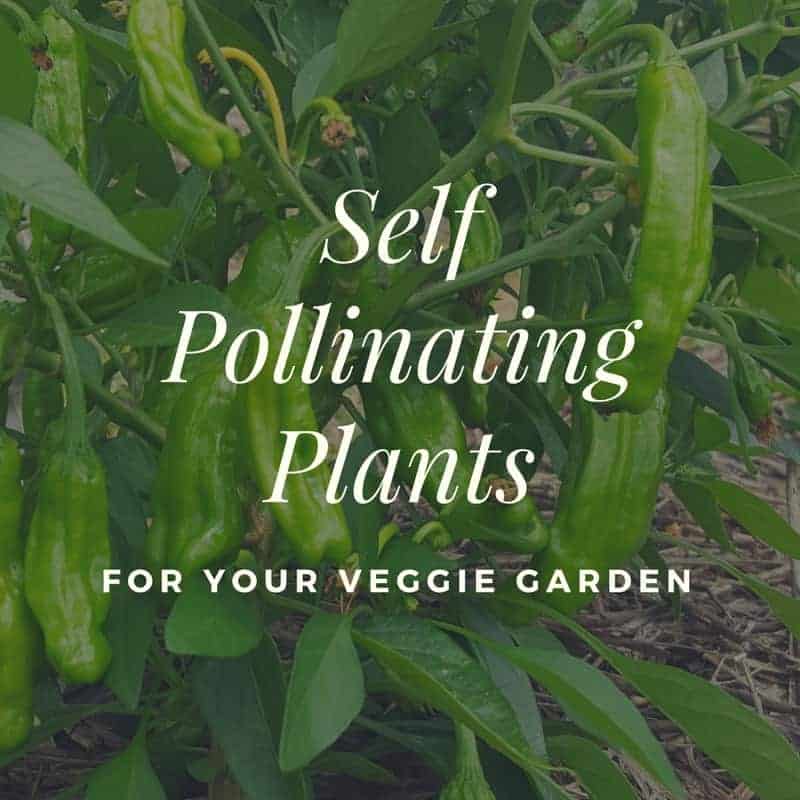How to Overwinter Your Pepper Plants
As an Amazon Associate and member of other affiliate programs, I earn from qualifying purchases.
Overwintering pepper plants is a great way to get a jump start on peppers for the next growing season. Many people are happily surprised to find out that peppers are actually a perennial plant if you live in a tropical or warm climate.
For those of us who don’t live in that kind of climate, we have to battle with cold weather, which will freeze peppers. Peppers are quite sensitive to frost, so any freeze essentially kills the plant. If this happens, you will either have to buy or grow a new one next spring.
However, with a little bit of work, you can begin overwintering pepper plants and reap the rewards later. Don’t worry, if you have never overwintered peppers before, this post will teach you everything you need to know about how to grow pepper plants over winter.
How To Overwinter Pepper Plants
First, before you begin overwintering pepper plants, you need to decide what exactly your goals are. If your goal is to have a plant that produces peppers during the winter, you will have to use a greenhouse/grow lights and heat.
Otherwise, overwintering pepper plants is more about giving you a much earlier growing season in the spring/summer.
To start the process, you will need to bring the pepper plants inside. If they were in the ground, you would need to dig the plant out of the ground carefully. You will want to make sure to dig up the root and get as much as possible.

Keep in mind that if the pepper is planted in the ground and transplanted to a planter, it may not survive. When you dig up the peppers, it will cause some trama, and it may not recover.
For best success, before digging up and replanting, remove all peppers and flowers. Pruning off some of the branches will allow the plant to divert more energy to recovering from the replanting process.
Watch your replanted pepper closely for signs of stress, don’t let it dry out, and keep it out of direct sun for a few days. If you planted your pepper plants in planters to begin with, then you can just bring the entire planter inside.
Preparing Pepper Plants For Overwintering
You will need to clean the pepper plants with water to make sure you don’t bring any bugs indoors. The easiest way to clean off a pepper (or any plant) is to use a spray bottle or house with a mist setting and spray the leaves with water.
Now you will need to find a spot to keep your overwintering pepper plants. Here are a couple of options:
- In a basement, garage, or other dark space. When you leave the peppers in a dark, dry, and cool climate, they will go dormant. When this happens, it might look like the plant is dead. This is perfectly normal and shouldn’t be alarming. 55 degrees is the magic number for best results. You can run a fluorescent light on it to give the plant some light, but it’s not required.
- A sunny spot near a window or in a sunroom. Unless it’s a really, really warm space, even in a sunny window the plant won’t produce peppers. However, it won’t look like it’s dead and will remain green.
Watering The Overwintering Pepper Plants
You should be careful to not overwater the pepper plants once you bring them indoors. They do not need as much water as they do when they are outside in direct sunlight.
If you store the plants in the basement, all they need is a light mist occasionally. Take a squirt bottle and mist a few times over the winter months.
Indoors in a sunny spot, you can expect to water it once every 2-4 weeks. Never let the soil become overly moist or extremely dry. Finding that happy medium is essential to keep from overwatering or underwatering the pepper plant.
Tips For Overwintering Pepper Plants
I wanted to take a minute to give you a few tips and some information that will help you when overwintering pepper plants.
- Don’t expect your pepper plant to grow a whole lot bigger than what is when you brought it indoors. However, once you take it back outside when the weather is nice, you are going to see it FLOURISH! It will grow so much bigger than newly planted pepper plants. It will produce fruit earlier too. This is the main reason for overwintering.
- If you do live in a climate that allows you to produce peppers in the winter, then you are lucky! Most cases, this will not happen, so don’t feel like you have done anything wrong.
- Overwintering can be a challenge, so don’t get discouraged. Once you get the hang of it, you will love and enjoy your new-found gardening technique. Getting to that point, however, you will kill some plants here and there, and it’s totally normal! Even professionals will kill a few from time to time. 🙂
- If you’re feeling especially ambitious, try making bonsai trees out of your peppers using this guide.
I hope you are excited to begin overwintering pepper plants.
Try it this year and see what happens! Move your plant indoors before the first frost and get to work overwintering your pepper plants. Wouldn’t it be awesome to be eating fresh jalapenos or shishitos all winter or early spring next year?!
Happy gardening!








